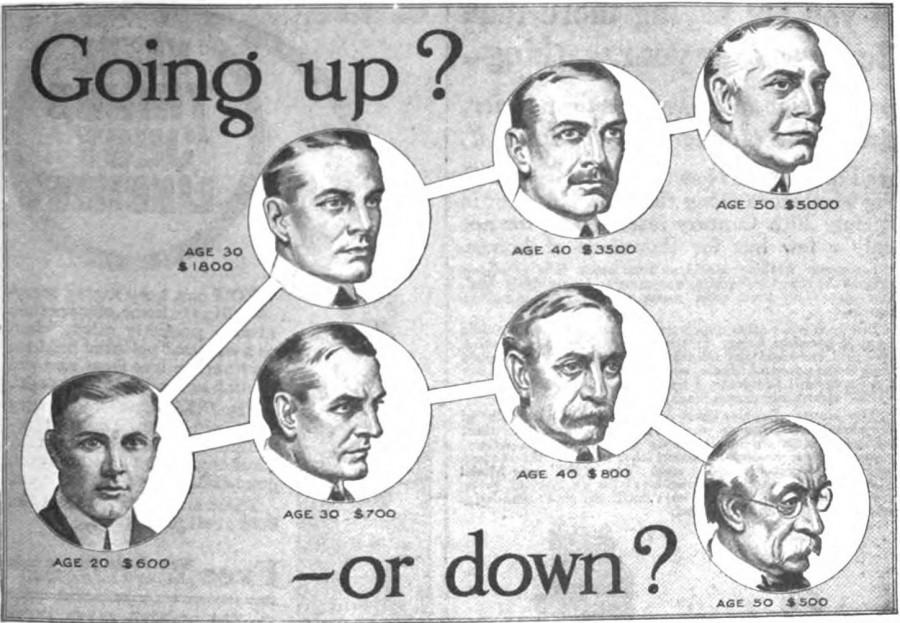The Canadian middle class is now better-off than the American middle class, according to a recent New York Times report.
The report based its conclusions off of a survey of household incomes in 20 countries over 35 years and considered inflation, tax differences, government benefits, and the cost of living in different locations, according to BBC News.
Canadian median income tied with the median U.S. income in 2010 and is expected to have now surpassed it. Median incomes in Western European countries are still behind those of the United States, but the gap between them is decreasing, according to the New York Times.
For instance, the median income of the United Kingdom has seen a 19.7 percent increase since 2000, the same rate of increase as Canada. The United States has seen only a 0.3 percent growth, equivocated with economic stagnation.
The United States’s median per capita income was $18,700 in 2010, said to be “virtually unchanged” since 2000 after adjusting for inflation.
“The idea that the median American has so much more income than the middle class in all other parts of the world is not true these days,” said Lawrence Katz, a Harvard economist.
“In 1960, we were massively richer than anyone else. In 1980, we were richer. In the 1990s, we were still richer,” but that is no longer the case, according to Katz.
Carlmont student Nick Notte said that he thinks the weakening middle class is a problem “because [the middle class is] really the foundation of the country. They are the one that take the jobs that we need most.”
Notte imagined this change might affect American lives because “we won’t be able to get as many luxuries.”
Meanwhile, the American rich are getting richer while the American poor are getting poorer.
Only a small percentage of U.S. households are fully benefiting from the economy, according to the New York Times.
“With a big share of recent income gains in this country flowing to a relatively small slice of high-earning households, most Americans are not keeping pace with their counterparts around the world,” David Leonhardt and Kevin Quealy detail in their report.
The U.S. rich pay lower taxes than the rich of many other countries, and the United States does not redistribute as much income to the poor. As a result, inequality in disposable income is sharply higher in the United States compared to other countries.
Income inequality has an even more adverse effect on the less fortunate.
According to the report, the poor in most of Europe now earn more than the poor in the United States. Thirty-five years ago, the opposite was true.
The report detailed three overarching factors that appear to be hampering income in the United States.
The first factor is that educational attainment has risen far more slowly in the United States during the past 30 years than in other industrialized nations. This makes it challenging for the economy to keep its highly-skilled, high-paying jobs.
In addition, companies in the United States distribute less to the middle class and the poor. Top executives in the United States make significantly more money than their counterparts, while the minimum wage is lower and labor unions are weaker. Most American workers receive meager raises.
Finally, governments in Canada and Western Europe take more steps to redistribute income by raising the take-home pay of low- and middle-income households.
The widening gap is a worrying sign for some economists.
Some argue that the gap suppresses economic growth and job creation, perhaps explaining in part the current sluggish economic recovery of the United States.
Income inequality also correlates with not only a lifespan gap but an education gap, according to money.cnn.com.
“When income inequality goes up, you see more inequality in these other things,” said Lane Kenworthy, a professor of sociology and political science at the University of Arizona.
Carlmont student Shanil Patel said, “Our government, the taxes—something has to change about it. We need to fix it, we’ve been trying to fix it for the past few presidential terms, but no one’s found a solution yet.”
“We’re just playing the waiting game,” said Patel, until officials “find out a better way to do it.”

